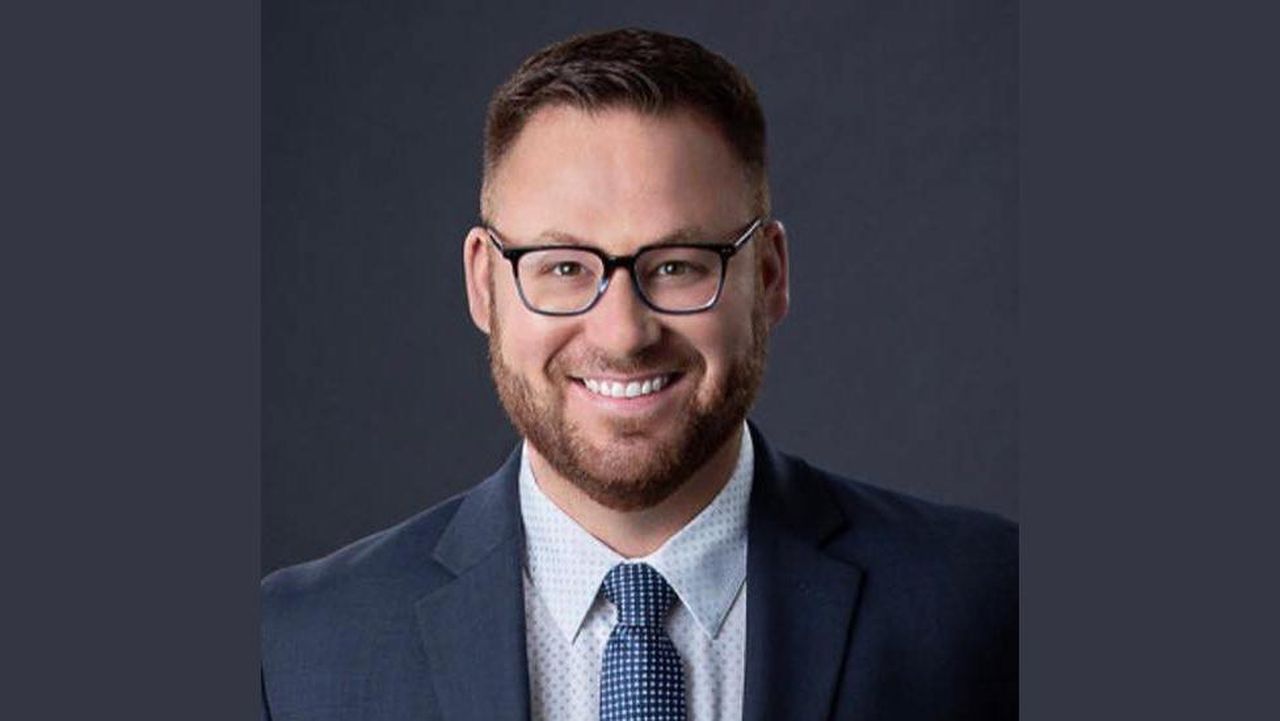Comeback Town: The missing secret sauce for Birminghamâs future
David Sher’s ComebackTown for a better Birmingham
Click here to sign up for newsletter. (Opt out at any time)
Today’s guest columnist is Jacob Rogers.
Born and raised in the Birmingham metro area, I attended elementary school in Midfield, middle school in Warrior, and high school in Blount County.
After graduating from Samford University in 2009, it took me several months to find an entry-level position.
Just like other similar cities, Birmingham didn’t weather the Great Recession well. Opportunity in the region was scarce for many people but certainly for young professionals.
Even though I had not planned to leave the area, it became clear that I, like many of my peers, would need to leave Birmingham to find the next great opportunity for myself.
I was recruited to be CEO of the Triangle Community Coalition in Raleigh, North Carolina, nearly a decade ago. In this role, I have been at the forefront of the economic growth in the nation’s second-fastest growing region, growing at 100 people per day.
The Triangle region’s “secret sauce” for economic growth and prosperity isn’t much different from what Birmingham already has today, which are top tier educational institutions, available land, infrastructure, lower cost of living, and a great quality of life.
But there is one major component Birmingham is missing – regional collaboration. Partnerships among the Birmingham area’s local governments, universities and colleges, and business community lag far behind its prosperous neighbors such as Nashville, Greenville, Charlotte, and Raleigh. This makes it difficult to have a regional vision for economic success.
Each year I join the Raleigh Chamber of Commerce as it embarks on an Inter-City Visit where the city council, county commissioners, school board, university and college presidents, public officials, and roughly 100 of the area’s business leaders travel together to learn the best (and worst) practices of other cities.
This trip is valuable beyond measure. It provides an opportunity for those who cast the region’s economic vision and those who are able to deliver on that vision to develop the necessary relationships that a thriving region needs. We benefit from learning what other regions have tried and their results.
Recently, we have traveled to Austin, Seattle, Nashville, Salt Lake City, and San Diego. From these trips, we have learned the best economic engines in the nation have one thing in common: regional collaboration, and there is always an organization leading these efforts.
With 35 municipalities in Jefferson County, it’s no wonder why regional collaboration can seem to be an overzealous challenge. These mayors and council members were elected by their citizens to represent their particular city, but the region’s economic vision and future is in their hands collectively.
To be effective, leaders need relationships. Relationships start with conversations, and the conversations with each other are not enough. They need the region’s business community and the post-secondary education institutions at the table. All of these stakeholders must communicate with each other regularly, not just for the region to be competitive but to improve the lives of citizens today.
It’s time we talk about a regional vision for jobs, workforce development, business, industry, housing, and quality of life with everyone at the table.
Birmingham needs a collaborator, a convener to lead this charge. The Birmingham Business Alliance is best equipped for this challenge by serving as the conduit for these key stakeholders. The most successful Chambers of Commerce in the nation have this as a major component to their operations. Now more than ever, the BBA has the opportunity to step up and lead Birmingham to fulfill the potential we all know it has.
My story is not much different from those you have heard before. There are many accounts of young people leaving the area due to lack of opportunity. ComebackTown’s David Sher has shared many of these. We, as community leaders, have to work together to ensure there is opportunity here for our children.
Let’s retain the talent that graduates from our educational institutions. Let’s foster an environment where innovation and opportunity can grow and thrive. Let’s create opportunities for these stakeholders to develop relationships. Let’s be intentional about creating this type of environment.
Let’s all collaborate to make this happen.
Jacob Rogers is the CEO of the Triangle Community Coalition and Southeast Non-Profit Housing, both based in Raleigh, North Carolina. Jacob’s primary focus is working with local and state elected officials on land-use and economic development policy in the Triangle.
David Sher is the founder and publisher of ComebackTown. He’s past Chairman of the Birmingham Regional Chamber of Commerce (BBA), Operation New Birmingham (REV Birmingham), and the City Action Partnership (CAP).
Click here to sign up for our newsletter. (Opt out at any time)
